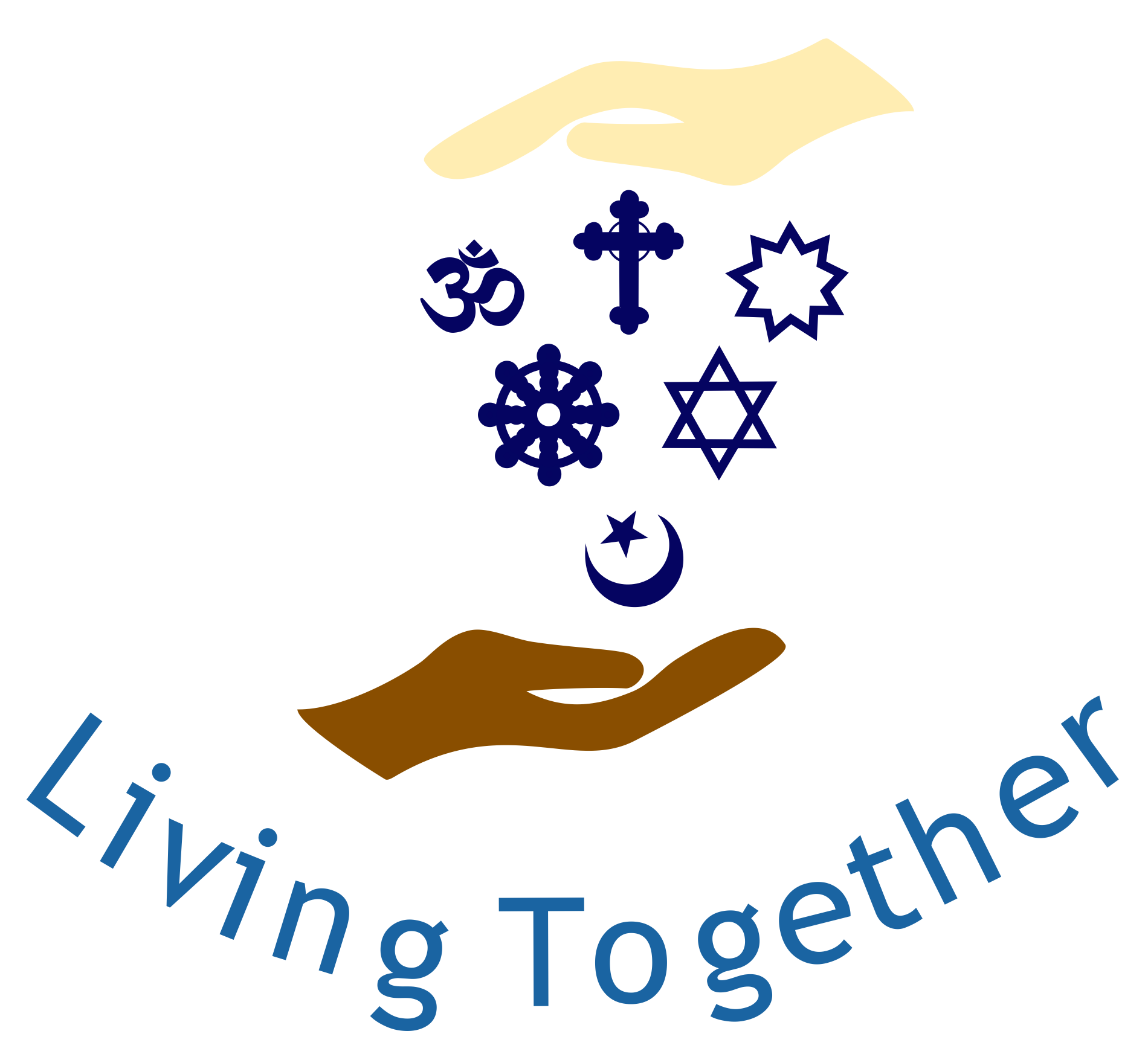The Project
In a pluralistic and diverse society, it is important for Third Country Nationals (TCNs) and migrants to understand the prevalent values and belief systems in their host country. Likewise, professionals working in sectors such as education, medicine and social well-being need to be equipped to understand the requirements particular to migrants and TCNs. These particular needs, of which professionals may remain unaware, often originate from a person's cultural and religious background.
This research is the basis of this two-year project, aptly titled 'Living Together: Towards Understanding Each Other's Culture', which aims to develop data, training and resources, including a series of educational sessions, a handbook and audio-visual media intended to give essential information about the beliefs, customs, religious etiquette and practices of the various religious and faith traditions currently found in Malta. This research will gather data about the difficulties experienced during the process of integration in Malta especially with relation to educational, health care and social care settings. It will also gather information from professionals within these sectors to understand the needs and questions related to the different ethical issues and religious issues that TCNs may experience.

Designed by rawpixel.com/Freepik
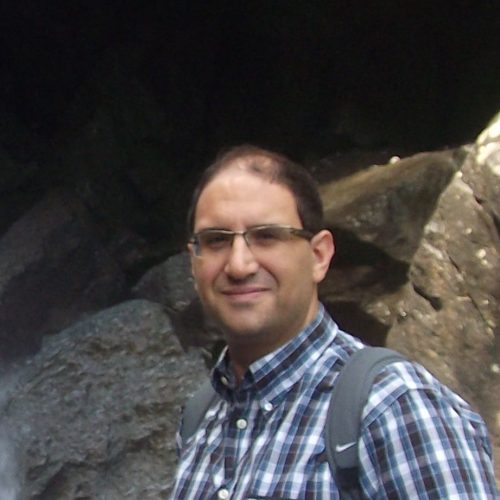
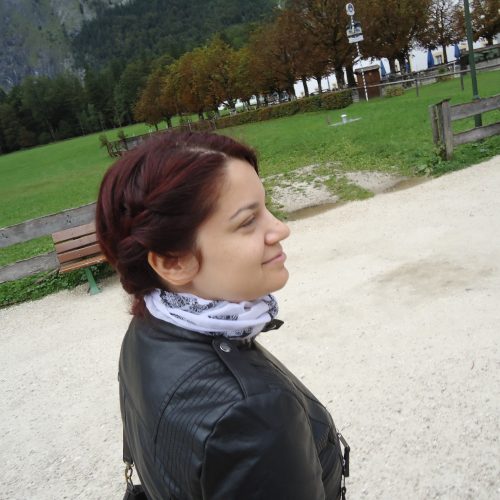

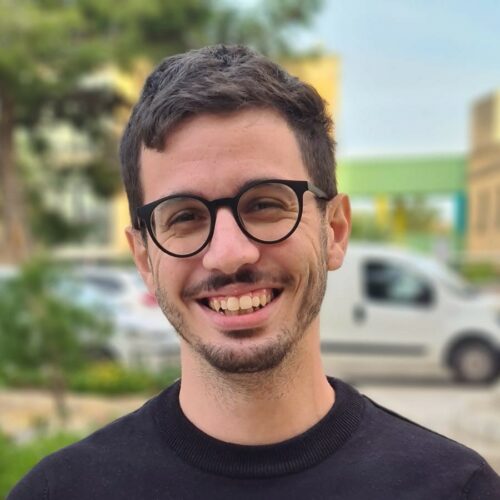
Our Partners
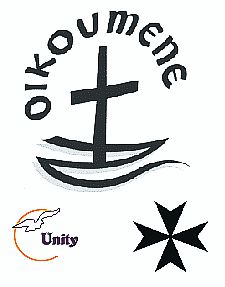
The Diocesan Ecumenical Commission of the Archdiocese of Malta was founded in 1977 by Mgr Joseph Mercieca, Archbishop of Malta. It is responsible for establishing and strengthening ecumenical relations between the Roman Catholic Church in Malta and other Christian Churches and Traditions. It collaborates actively with “Christians Together in Malta” (Malta Ecumenical Council) in the organisation of the Annual Week of Prayer for Christian Unity, other Ecumenical Services and other common initiatives on a social, spiritual and doctrinal dimension.
The Diocesan Ecumenical Commission seeks to create a greater ecumenical awareness among Catholics in Malta by encouraging formation in this field on a diocesan and parish level.
Furthermore, the Commission is in close contact with the Pontifical Council for the Promotion of Christian Unity of the Holy See.
The Diocesan Commission for Interreligious Dialogue, founded on 2nd March 2011, aims at establishing ties between the Catholic Church in Malta and non-Christian communities in Malta. One of the principal aims of the Commission is that of contributing towards the formation of the Roman Catholic community in Malta to better recognize its mission in a society, which is becoming increasingly more multi-ethnic and multi-religious. This is achieved through activities in which Roman Catholics in our country acquire a deeper knowledge of the doctrine and morals of the religions present in our country as well as respond to these new challenges. The Commission also participates in interreligious activities that take place periodically here in Malta.
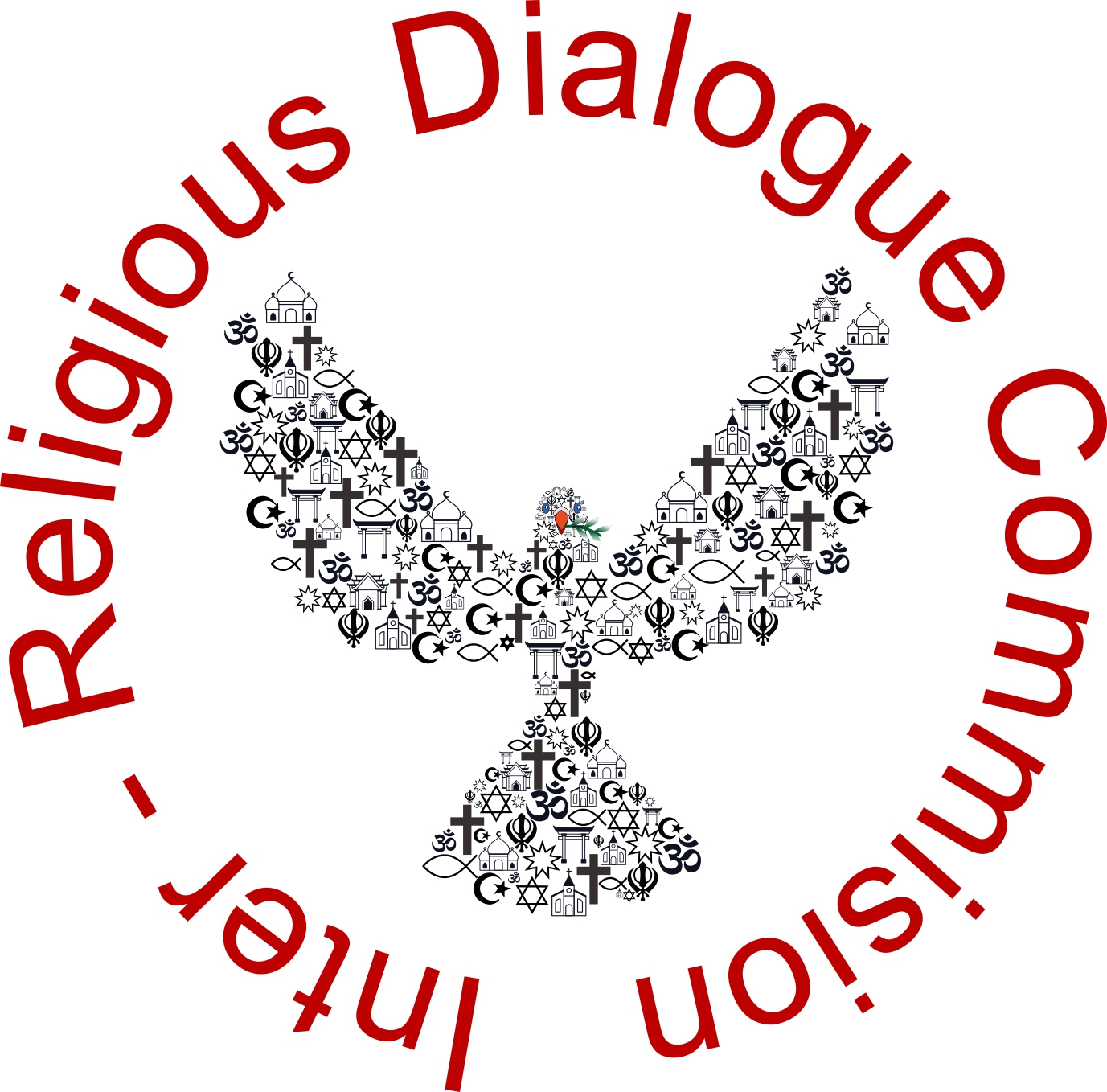
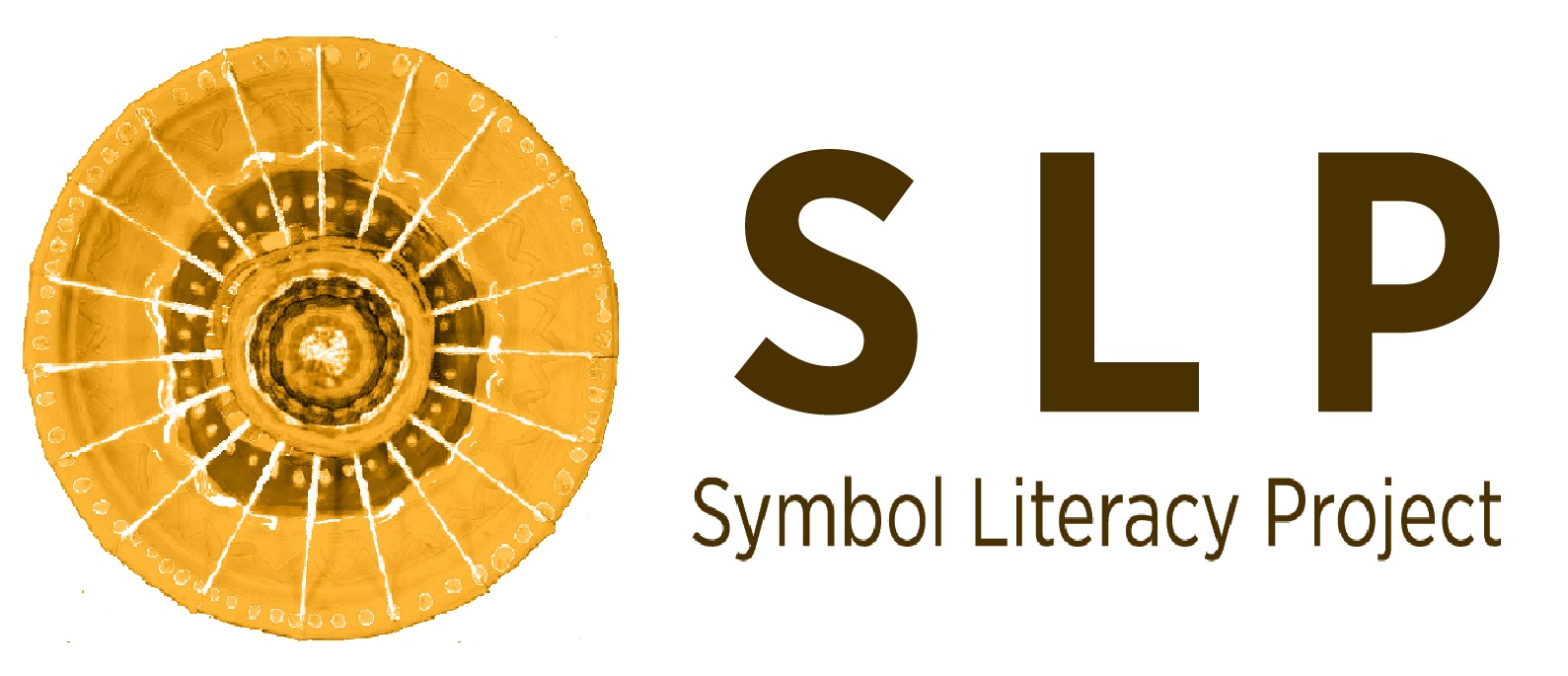
A symbol literacy approach aims at facilitating a balance between knowledge and wisdom, between knowing and thinking, between competence and being. It also helps the individual to maintain a balanced and healthy relationship with time and space. Symbol literacy actively and consciously promotes the concept that learning best occurs in an active engagement with others and with the environment, since learning is not a solitary activity. Artefacts, including semiotic artefacts, such as art, narratives and rituals, hold a key position in this process. What is particular to a symbol literacy approach is the deliberate intent to help individuals interact with artefacts and the bygone community that had produced it. It is an approach that favours a process of retrieval of the meaning that had been generated in the past and is now fading. In and through such a process one hopes to stimulate the development of higher mental functions that foster meaning making.
